Home>Ideas and Tips>Basement Flooring Options: Moisture-Resistant Choices
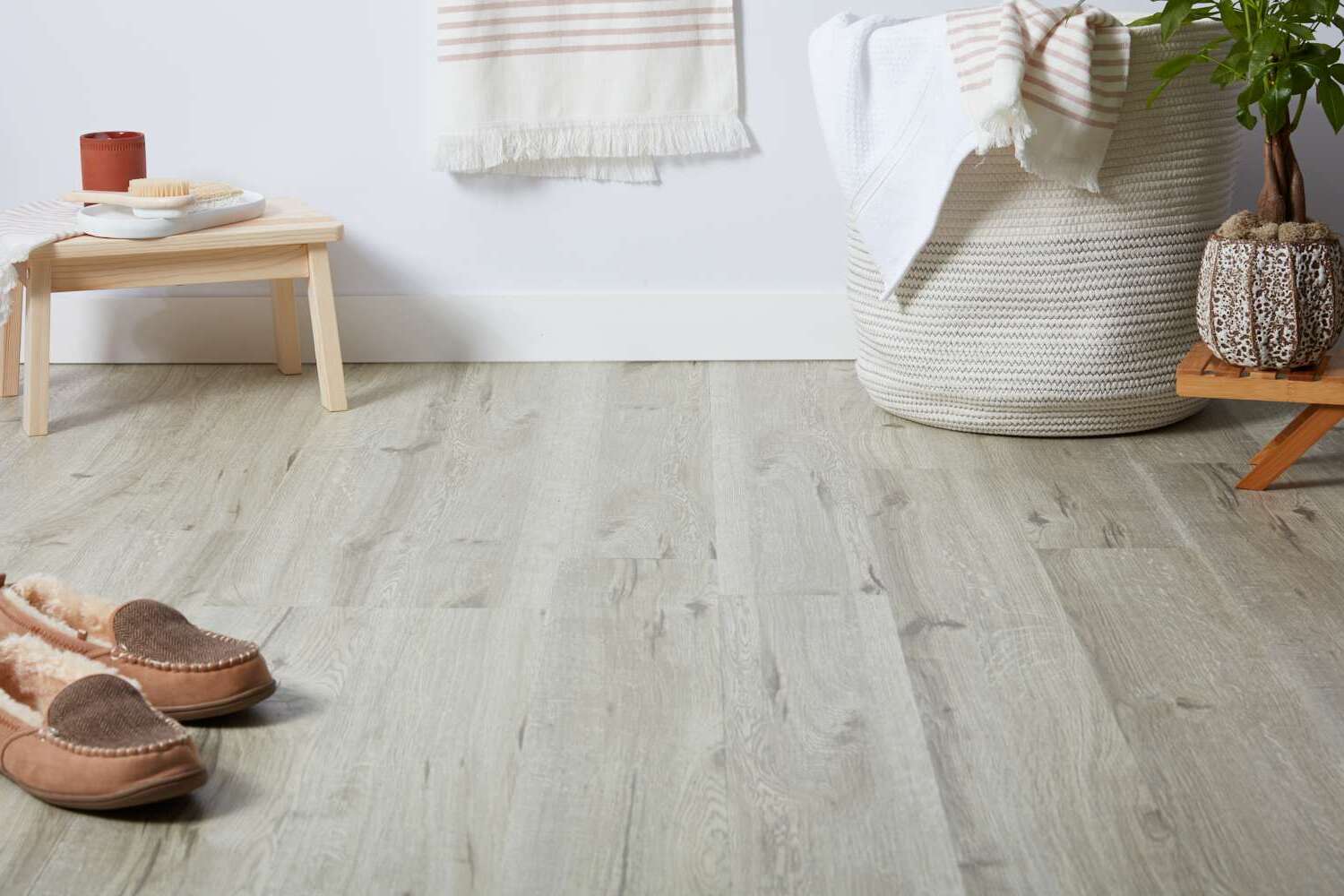

Ideas and Tips
Basement Flooring Options: Moisture-Resistant Choices
Modified: October 28, 2024
Discover the best moisture-resistant basement flooring options to prevent mold and water damage. Explore durable, stylish choices for a functional space.
(Many of the links in this article redirect to a specific reviewed product. Your purchase of these products through affiliate links helps to generate commission for Storables.com, at no extra cost. Learn more)
When it comes to transforming your basement into a comfortable and functional living space, choosing the right flooring is crucial. Basements are inherently prone to moisture due to their below-grade location, which can lead to issues like mold, mildew, and water damage. Therefore, selecting flooring that is both durable and moisture-resistant is essential. In this article, we will explore the best basement flooring options that offer superior moisture resistance and durability.
Before diving into the various flooring options, it's important to understand the unique challenges of basement flooring. Basements are more susceptible to moisture due to several factors:
- Groundwater: Water can seep into the basement through cracks in the foundation or walls.
- Humidity: The air in basements tends to be more humid than in other parts of the house.
- Flooding: Areas prone to flooding require flooring that can withstand water exposure.
Given these challenges, it's crucial to choose flooring that is not only aesthetically pleasing but also highly resistant to moisture.
Luxury Vinyl Plank (LVP) Flooring
Luxury Vinyl Plank (LVP) flooring has emerged as one of the top choices for basement flooring due to its excellent moisture resistance and durability. Made from synthetic materials, LVP is designed to mimic the appearance of hardwood or stone while offering superior water resistance.
Advantages of LVP:
- Waterproof: Ideal for areas prone to moisture.
- Durable: Can withstand heavy foot traffic and is resistant to scratches and dents.
- Easy Installation: LVP can be installed as a floating floor, which is perfect for basement applications.
LVP flooring is available in a wide range of styles and colors, making it a versatile option for any basement. Brands like Mohawk, Shaw, COREtec, and Mannington offer high-quality LVP options that are both durable and easy to maintain.
Ceramic or Porcelain Tile
Ceramic and porcelain tiles are another excellent choice for basement flooring, particularly in areas where water exposure is a concern. These tiles are made from natural clay and other materials, fired at high temperatures to create a hard, durable surface.
Read more: How To Fix Moisture In Basement
Advantages of Ceramic/Porcelain Tile:
- Waterproof: Completely impervious to water, making it suitable for wet basements.
- Durable: Extremely hard and resistant to wear and tear.
- Low Maintenance: Easy to clean and maintain, with a long lifespan.
Ceramic or porcelain tiles are ideal for basements because they can withstand flooding and will dry completely. They also offer a timeless aesthetic appeal that can enhance the overall look of your basement.
Engineered Hardwood
For homeowners who prefer the warmth and beauty of wood flooring, engineered hardwood is a viable option for basements. Unlike solid hardwood, engineered wood is constructed with a plywood base and a top layer of real wood, making it more stable and less prone to warping in humid environments.
Advantages of Engineered Wood:
- Moisture Resistant: More stable in humid environments compared to solid hardwood.
- Aesthetic Appeal: Offers the same natural beauty of real wood.
- Durable: Can withstand moderate foot traffic and is more resistant to warping.
While not entirely waterproof, engineered wood can handle occasional moisture better than solid wood. It's a great option for those who want the warmth of wood without the high maintenance requirements of solid hardwood.
Epoxy Flooring
Epoxy flooring is a liquid coating that acts as both a sealer and a flooring design. It's ideal for workspaces like garages or woodworking shops, or for creating a bright, yet durable, play space for kids.
Advantages of Epoxy:
- Moisture Resistant: Completely unaffected by moisture.
- Durable: While not the longest-lasting flooring option, epoxy can last up to three years with proper application and maintenance.
However, it's important to note that epoxy flooring can be cold and uncomfortable to stand on for long periods. It's best applied by a professional who knows how to prep the slab properly and use the right products.
Peel & Stick Vinyl Flooring
Peel & stick vinyl flooring is another option for basement flooring. It's easy to install and can provide a waterproof barrier against moisture. However, it's crucial to test the adhesive on a small area first to ensure it sticks well.
Considerations for Peel & Stick:
- Underlayment: While peel & stick vinyl flooring can work without underlayment, it's recommended to use an underlayment for added protection against moisture and cushioning.
- Shifted Concrete: If there are shifts in the concrete floor, peel & stick may not be the best option unless extra adhesive is used.
Overall, while peel & stick vinyl flooring can be a good choice for some basements, it's essential to consider the specific conditions of your space before making a decision.
Carpet Flooring
Carpet is a common flooring choice for basements due to its comfort and warmth underfoot. However, it's not ideal for areas prone to moisture and flooding.
Pros of Carpet:
- Comfortable and Warm: Carpet makes for a cozy space.
- High Noise Reduction: It provides excellent sound insulation.
- Variety of Styles: Available in a wide variety of styles and color choices.
Cons of Carpet:
- Susceptible to Moisture: Carpet is prone to moisture-related issues like mold and mildew.
- Regular Maintenance: Requires regular cleaning and maintenance to prevent damage.
If you still want to install carpet in your basement, it's crucial to take additional measures such as waterproofing walls with epoxy or other materials, plugging holes and cracks, resealing window wells, and installing a French drain system.
Concrete Flooring
Sometimes, homeowners opt to keep the concrete floor as is, either exposed or enhanced with stains or paint. This is a highly inexpensive choice if you don't want the standard concrete color.
Pros of Concrete:
- Inexpensive: One of the cheapest flooring options available.
- Customizable: Can be stained or painted to enhance its aesthetic appeal.
Cons of Concrete:
- Cold and Hard: Concrete can be cold and hard underfoot.
- Maintenance: Requires periodic sealing to prevent moisture damage.
If you decide to keep the concrete floor, ensure it's properly sealed and consider adding a layer of epoxy for added protection against moisture.
Choosing the Right Flooring for Your Basement
When selecting basement flooring, it's essential to consider both moisture resistance and durability based on how you plan to use the space. For areas prone to heavy moisture, options like luxury vinyl plank, ceramic tile, or epoxy flooring may be the best choices. If durability is your primary concern, especially in high-traffic or activity areas, rubber flooring or sealed concrete might be more suitable.
Key Considerations:
- Moisture Resistance: Ensure that your chosen flooring is designed for “below-grade” applications.
- Durability: Choose flooring that can withstand heavy foot traffic and occasional water exposure.
- Maintenance: Consider the ease of maintenance and cleaning requirements for your chosen flooring.
- Professional Installation: For optimal results, consider hiring a professional for the installation of your chosen flooring.
By carefully evaluating these factors and selecting the right material for your basement, you can create a space that is both beautiful and practical.
Choosing the right flooring for your basement is crucial to ensuring its longevity, functionality, and aesthetic appeal. With so many options available, from luxury vinyl plank to epoxy flooring, there’s a solution for every type of basement and budget. Whether you need moisture resistance, durability, or both, selecting the right material will help you create a basement space that’s both beautiful and practical.
If you're ready to transform your basement with the best flooring options, remember to consult with a flooring expert who can guide you through the selection process and ensure that your chosen flooring meets all your needs. With the right flooring in place, you can turn your basement into a comfortable and functional living space that enhances the value of your home.
Was this page helpful?
At Storables.com, we guarantee accurate and reliable information. Our content, validated by Expert Board Contributors, is crafted following stringent Editorial Policies. We're committed to providing you with well-researched, expert-backed insights for all your informational needs.
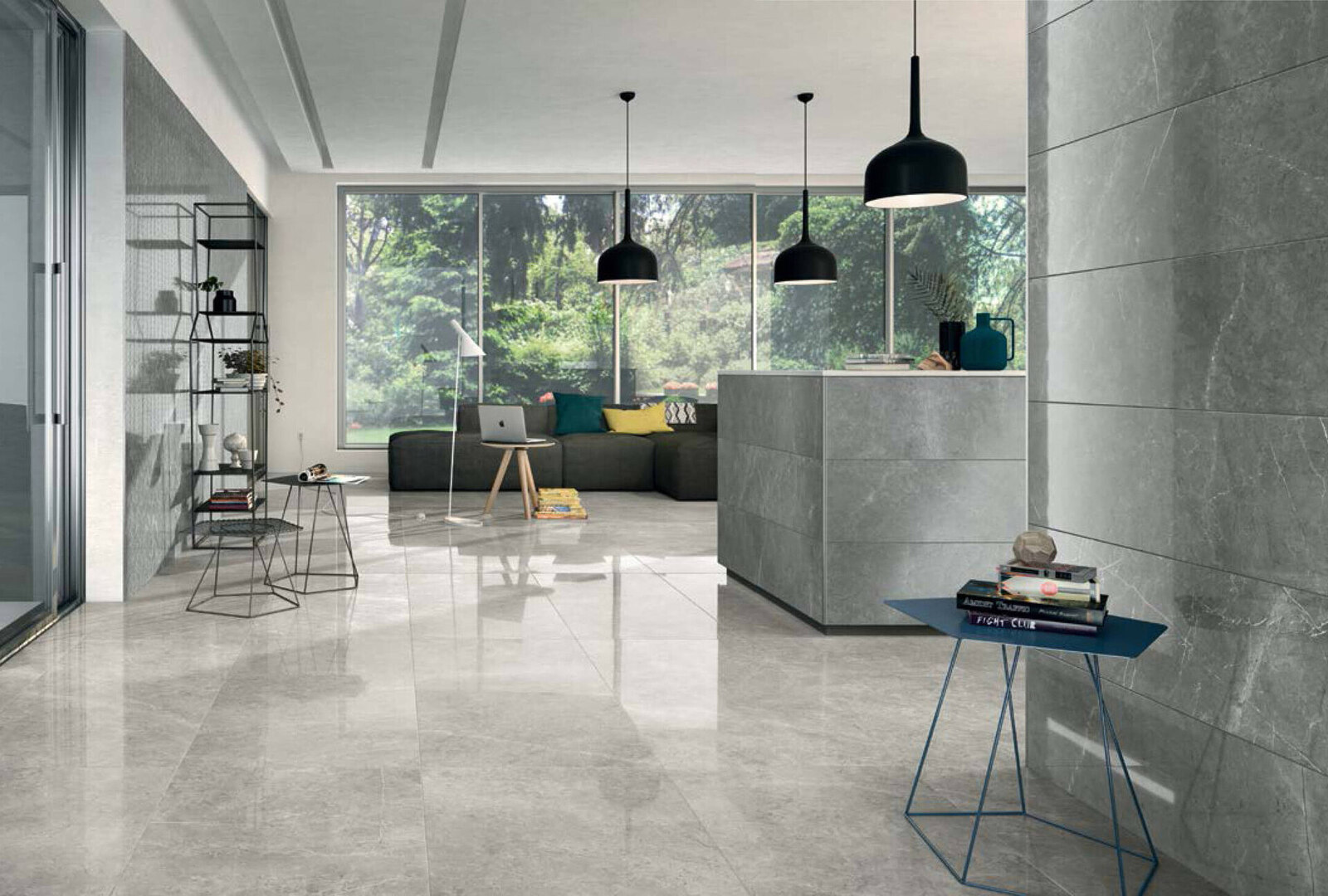
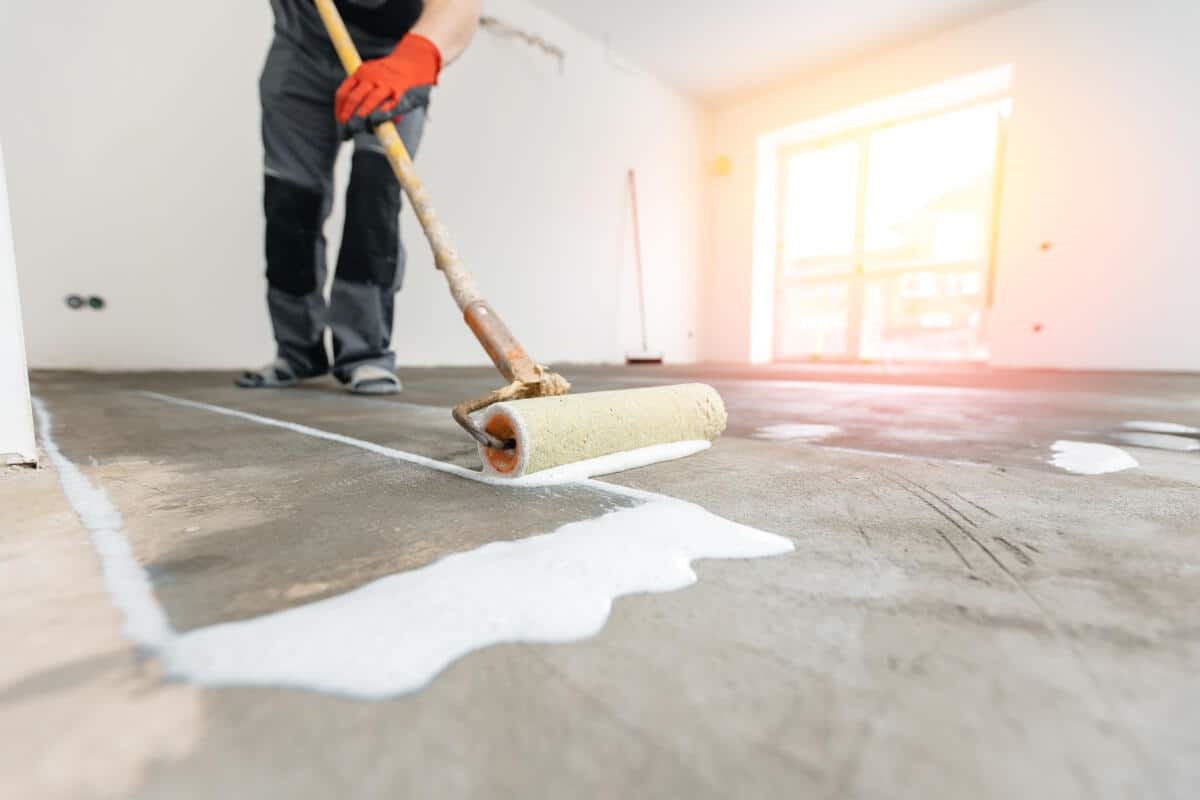
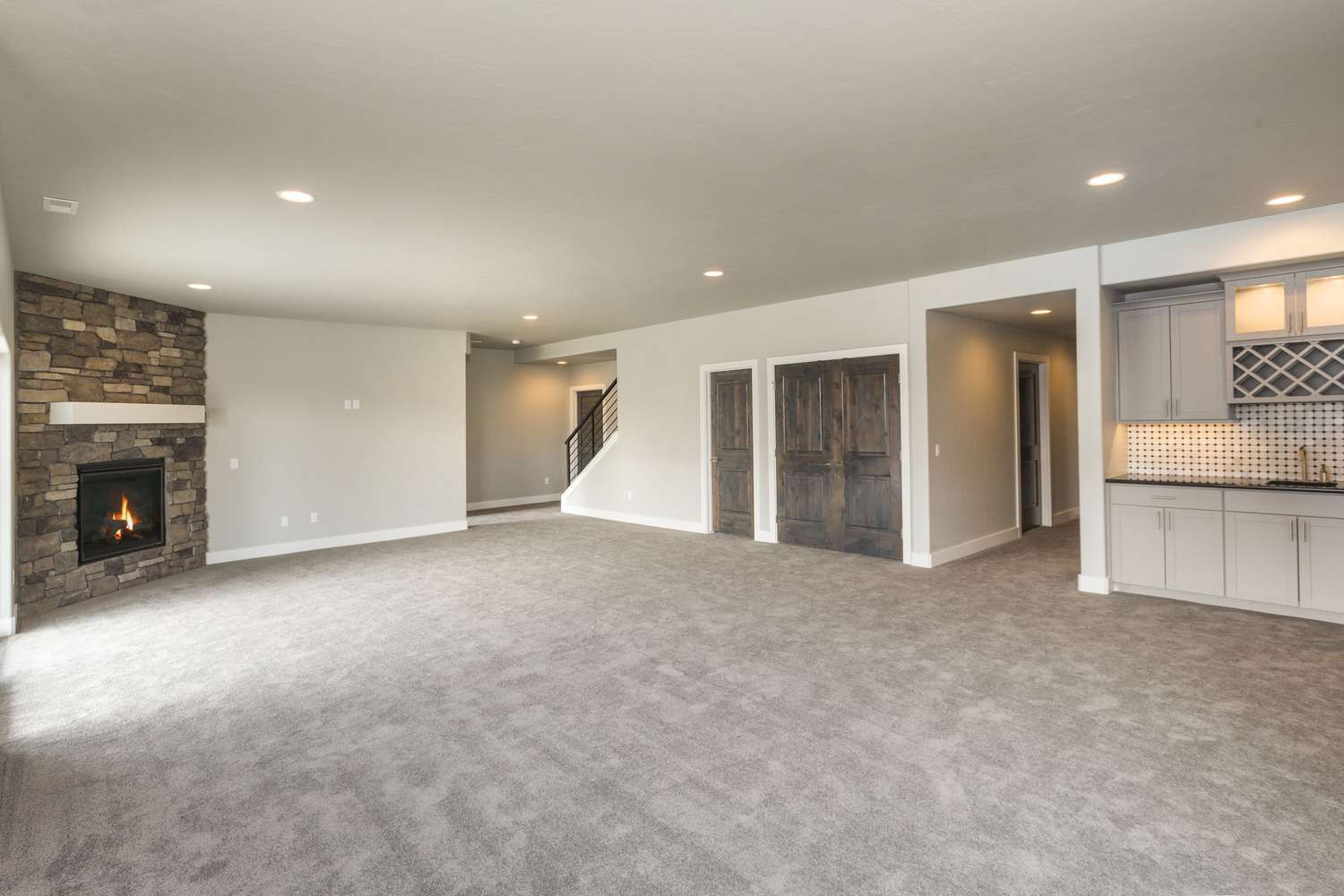
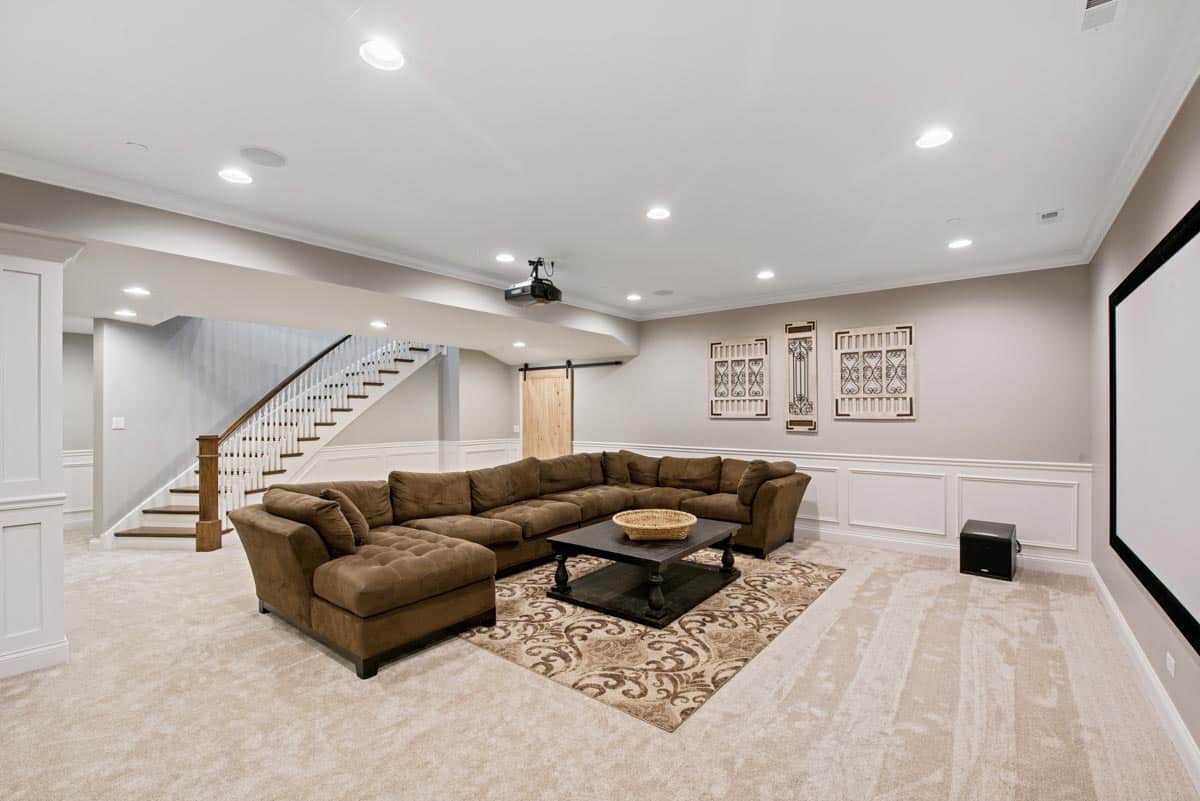
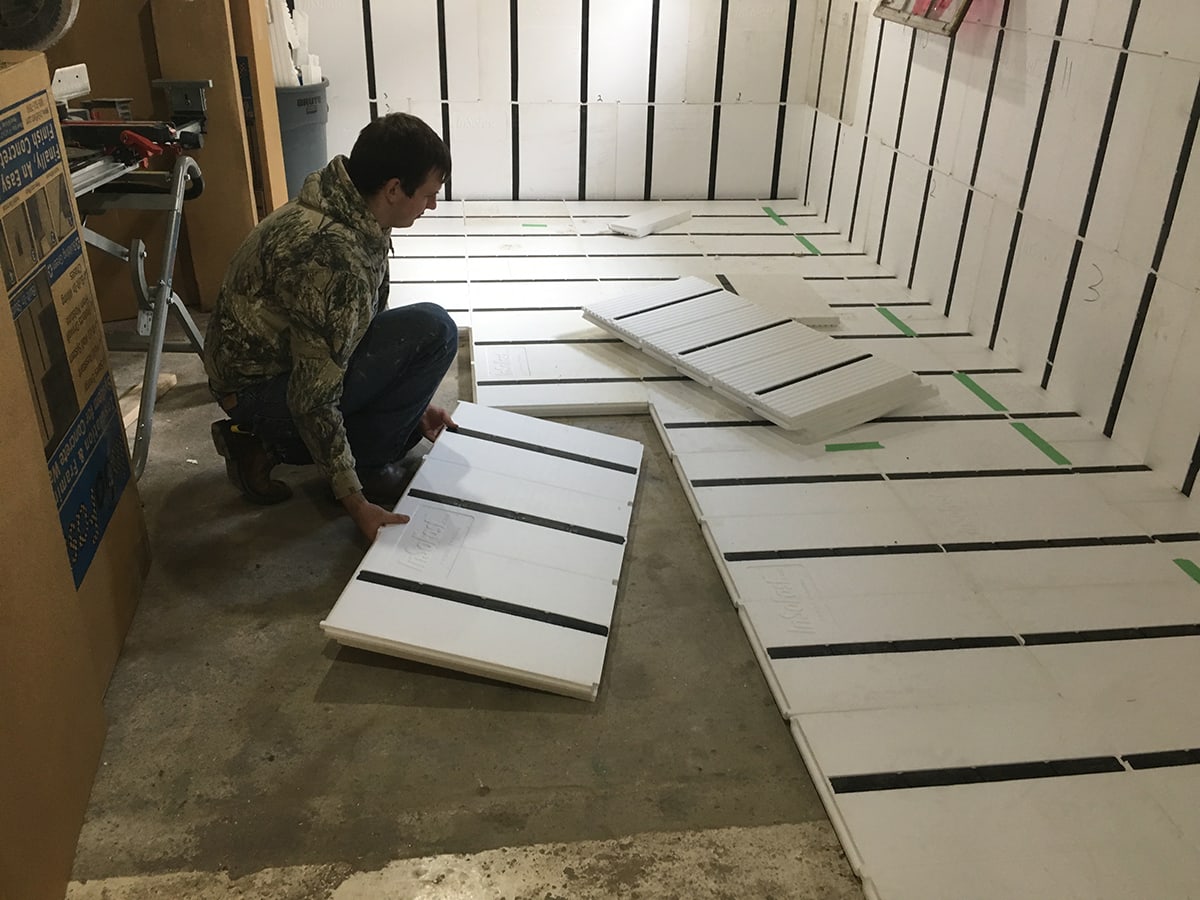
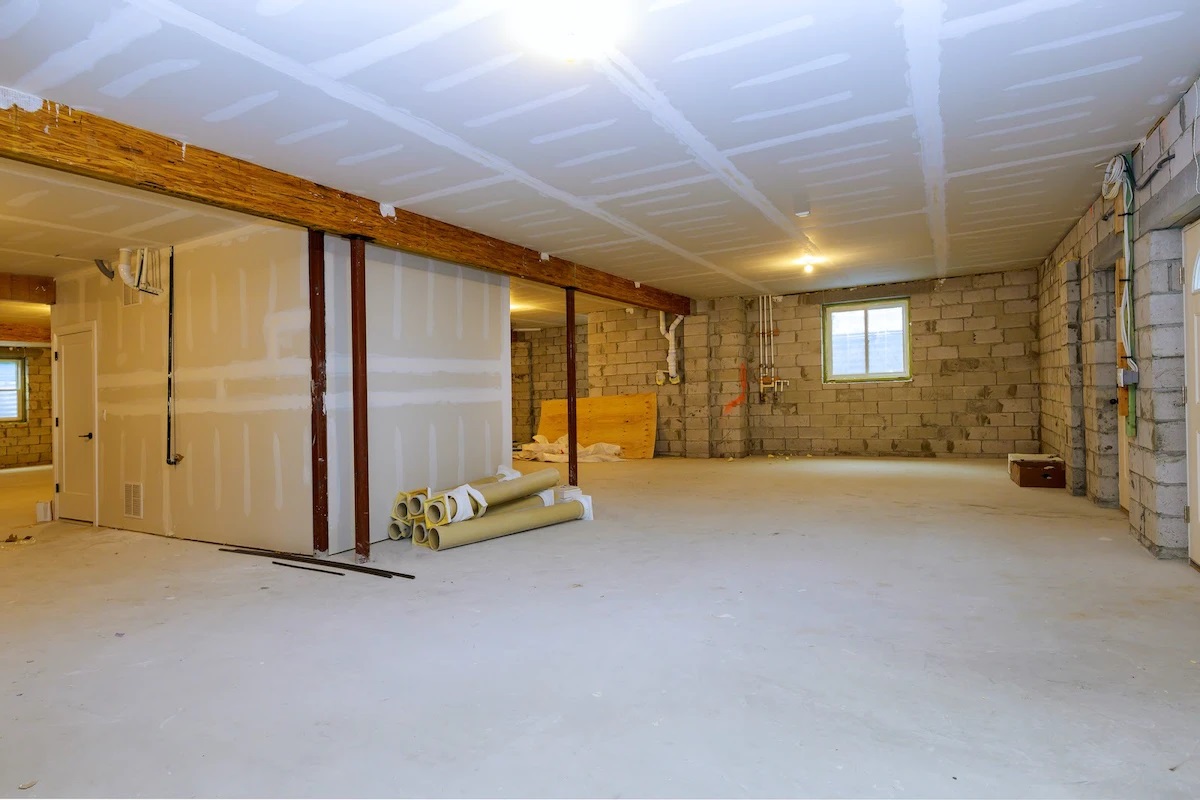
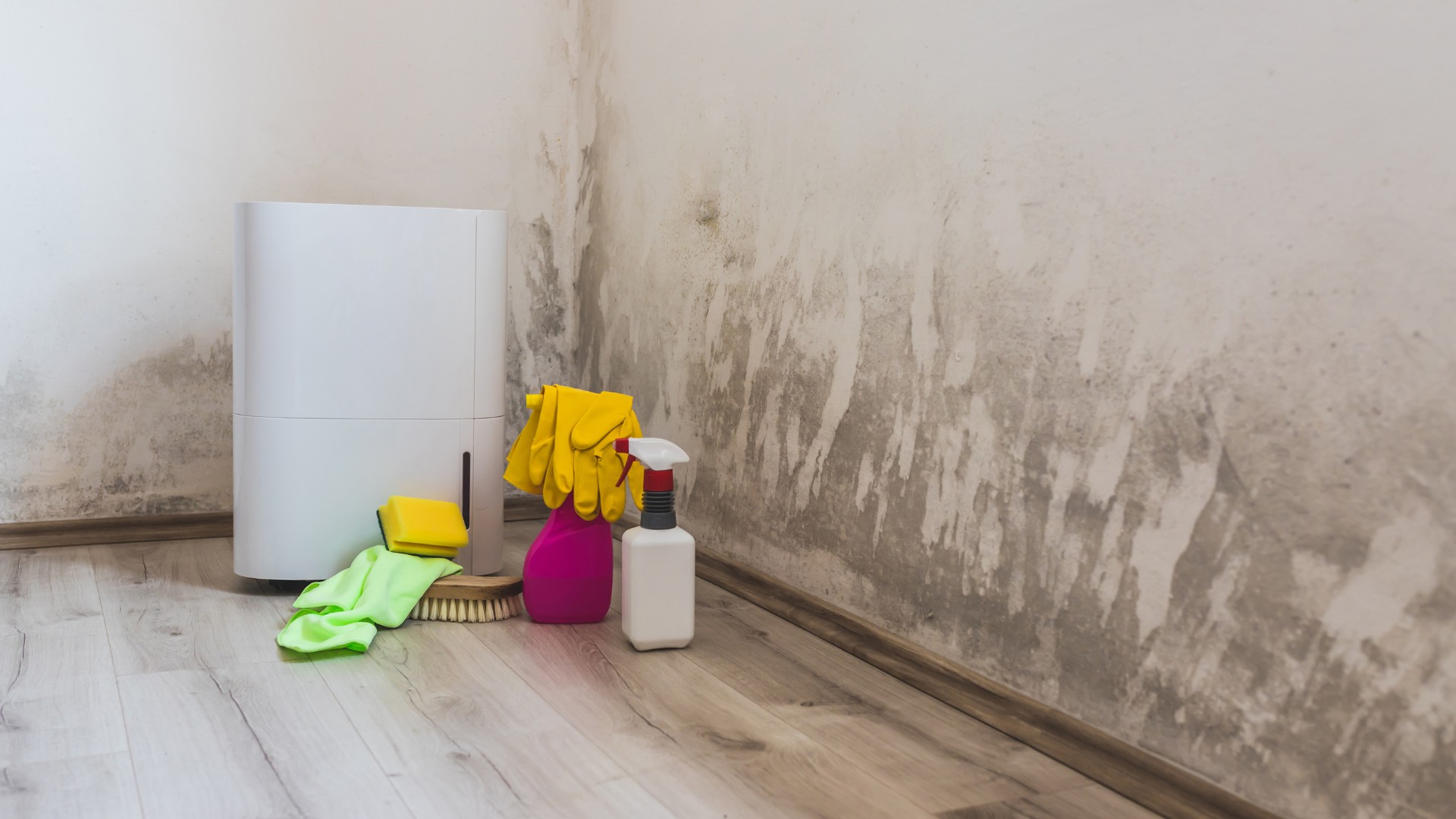
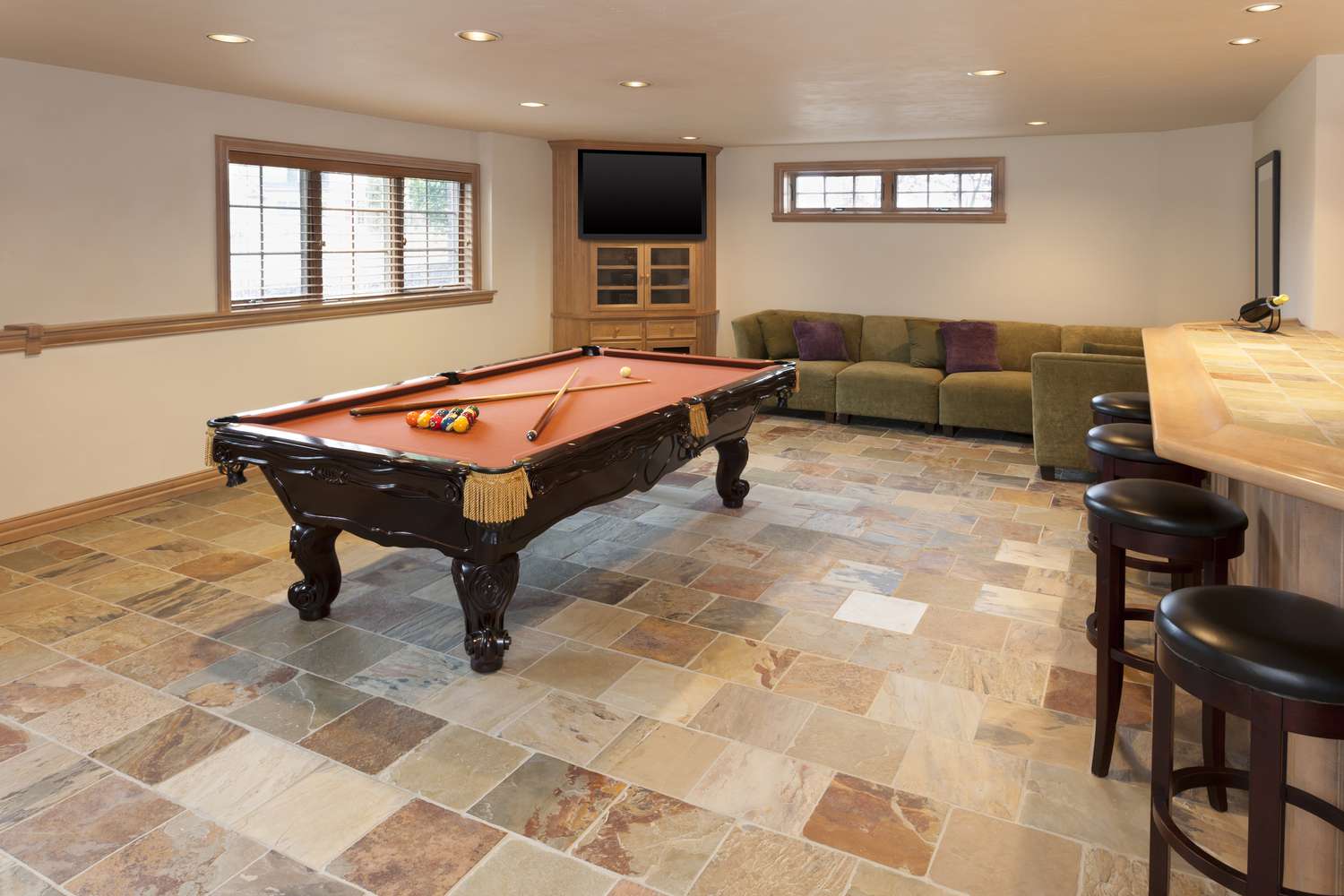
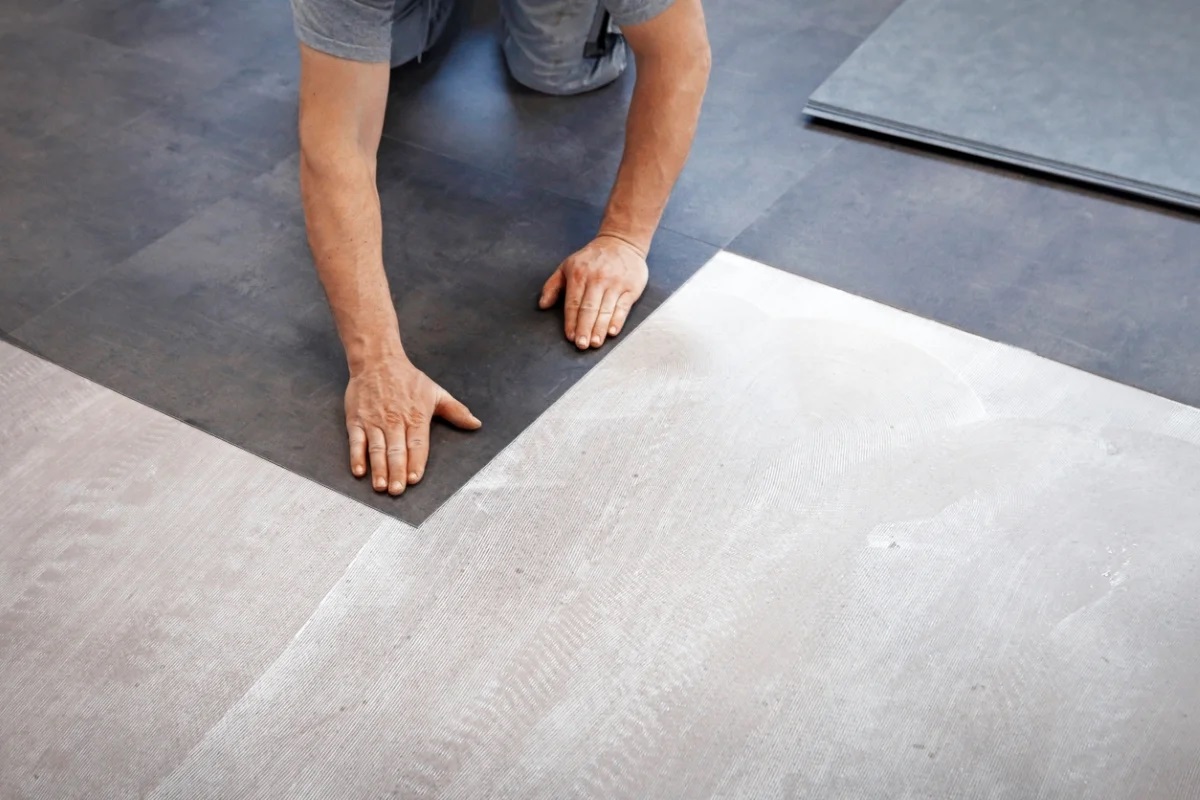

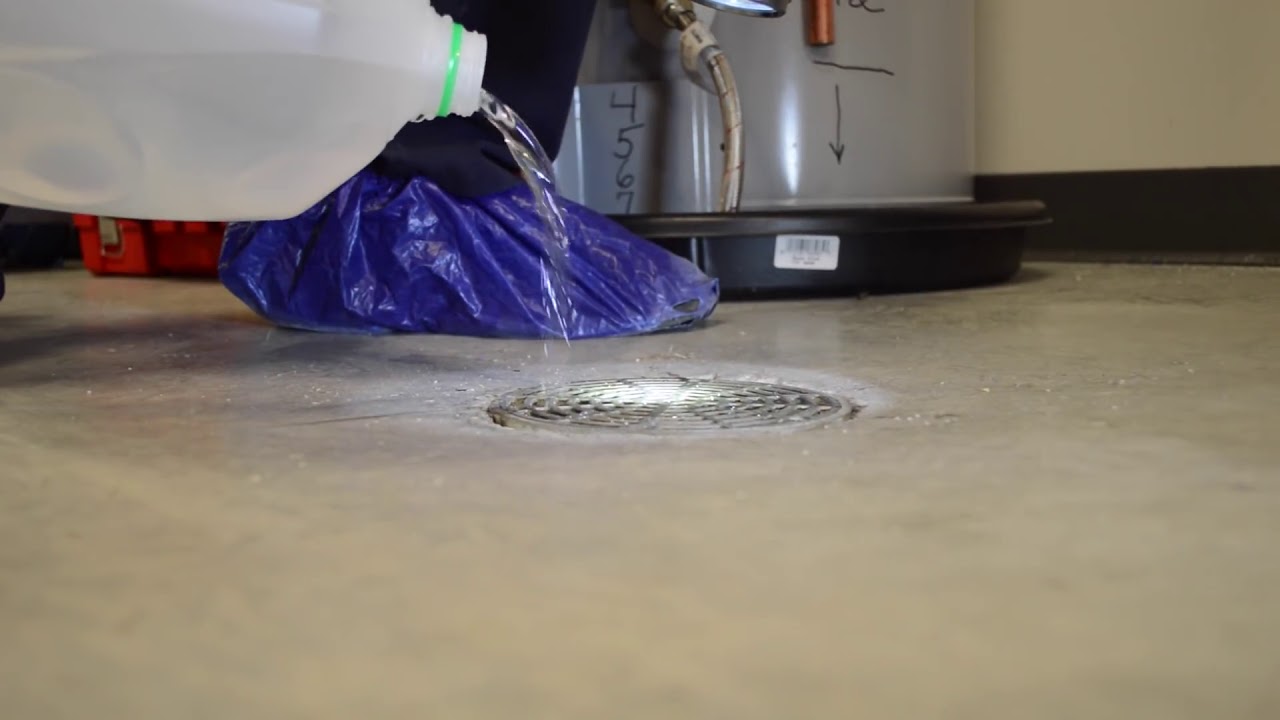
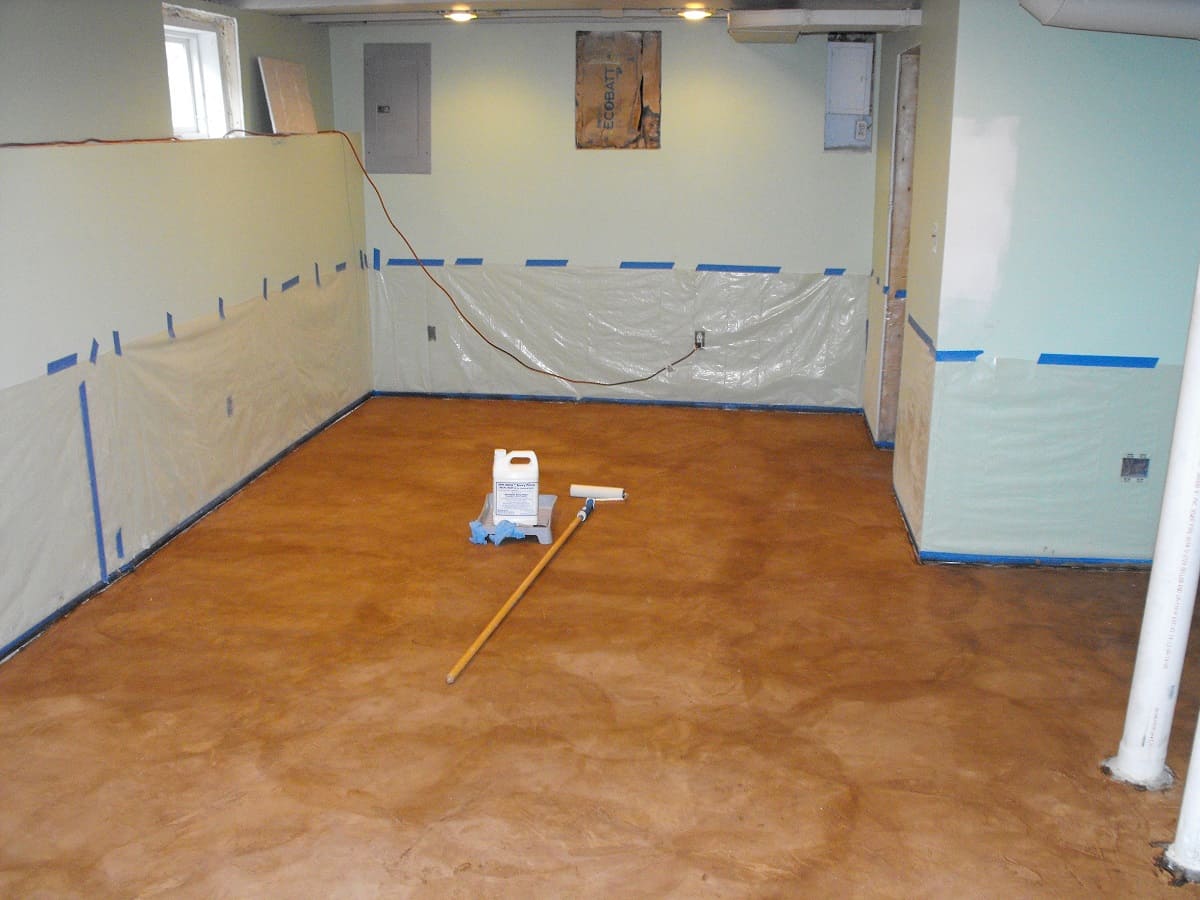
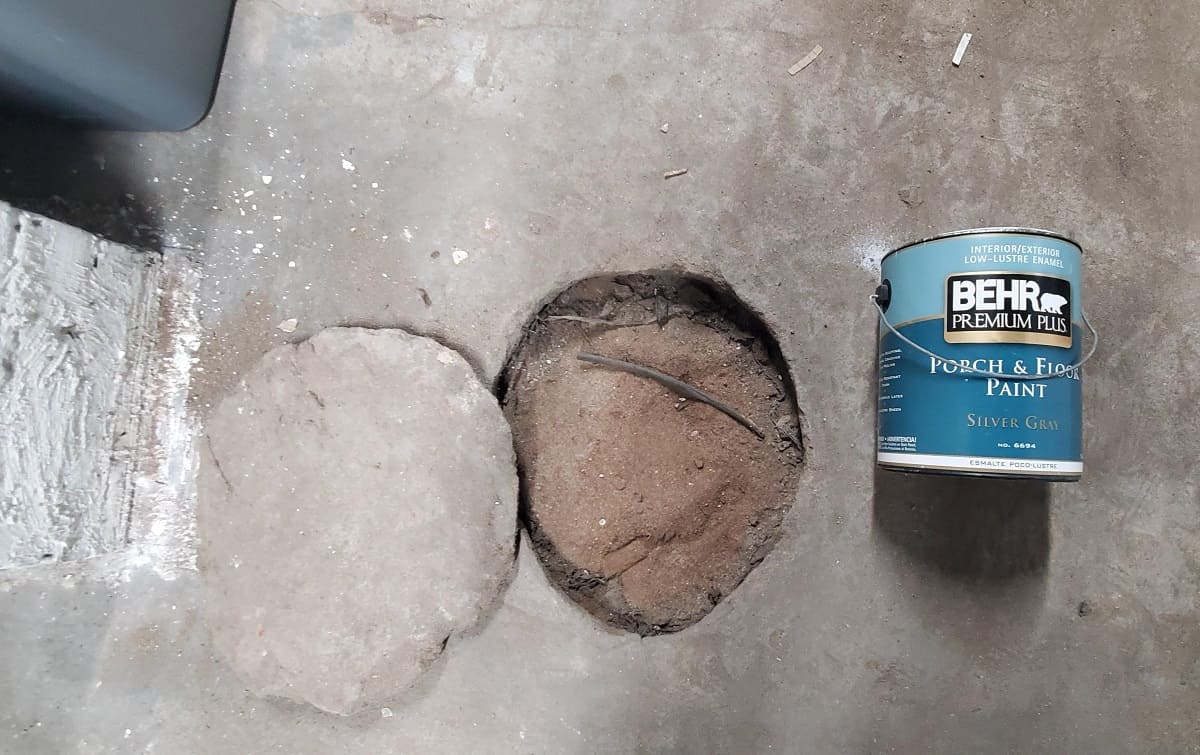

0 thoughts on “Basement Flooring Options: Moisture-Resistant Choices”